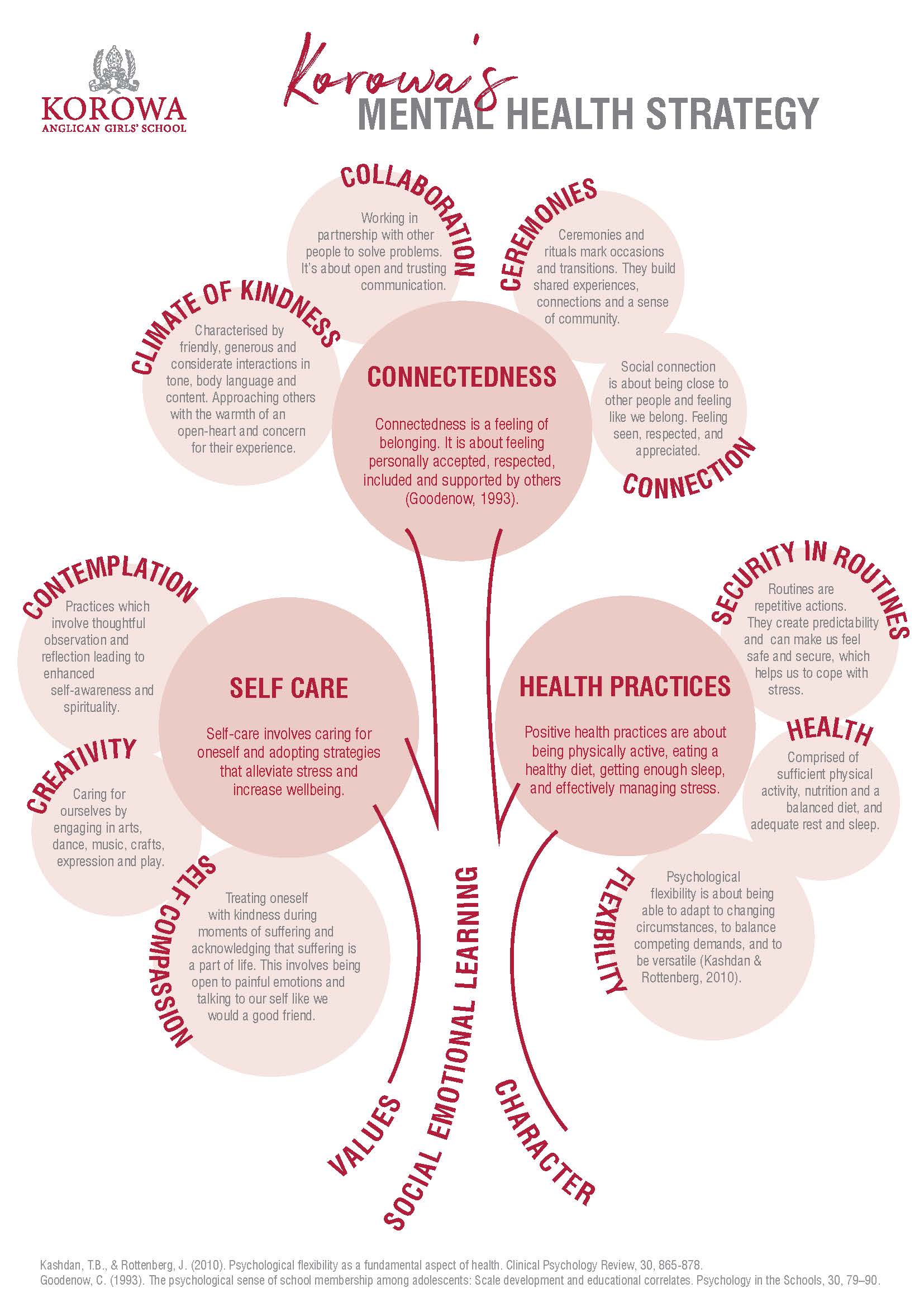Nurturing Mental Wellness: Strategies for a Balanced Life

Nurturing Mental Wellness: Strategies for a Balanced Life
Understanding Mental Health
Mental health is a crucial component of overall well-being, encompassing emotional, psychological, and social aspects. Understanding mental health involves recognizing the importance of maintaining a healthy mind and the impact it has on daily life. It’s an ongoing process that requires attention and care.
The Connection Between Physical and Mental Health
The mind and body are intricately connected, and maintaining good physical health contributes significantly to mental well-being. Regular exercise, a balanced diet, and adequate sleep play pivotal roles in supporting both physical and mental health. Establishing healthy lifestyle habits is a fundamental step in nurturing mental wellness.
Stress Management Techniques
Stress is a common part of life, but chronic stress can have detrimental effects on mental health. Employing effective stress management techniques is essential. Techniques such as mindfulness meditation, deep breathing exercises, and time management strategies can help mitigate stress and promote a sense of calm.
Building Strong Social Connections
Social connections are vital for mental health, providing emotional support and a sense of belonging. Foster relationships with friends and family, engage in social activities, and prioritize meaningful connections. Social interactions contribute to emotional resilience and play a crucial role in maintaining mental well-being.
Seeking Professional Support
Recognizing when to seek professional support is a sign of strength. Mental health professionals, including therapists and counselors, are trained to provide guidance and support for various mental health concerns. Whether facing challenges or seeking personal growth, reaching out to a mental health professional can be a transformative step.
The Impact of Positive Habits
Cultivating positive habits contributes significantly to mental well-being. Establishing routines, setting realistic goals, and practicing gratitude are habits that foster a positive mindset. These habits create a foundation for resilience, helping individuals navigate life’s challenges with a more optimistic outlook.
Balancing Work and Life
Maintaining a healthy work-life balance is crucial for mental wellness. Chronic work-related stress can have adverse effects on mental health. Establish boundaries, prioritize self-care, and make time for activities that bring joy and relaxation. Achieving a balance between professional and personal life is essential for sustained mental well-being.
Mindful Technology Use
In the digital age, technology plays a significant role in daily life. However, excessive screen time and constant connectivity can contribute to stress and impact mental health. Practice mindful technology use by setting limits on screen time, taking breaks, and fostering face-to-face interactions.
Embracing Self-Reflection
Self-reflection is a powerful tool for personal growth and mental well-being. Take time to reflect on emotions, thoughts, and experiences. Journaling, meditation, or engaging in introspective activities can enhance self-awareness and contribute to a deeper understanding of oneself.
Mental Health Resources and Support
For additional support and information on nurturing mental health, consider exploring resources provided by mental health organizations. Visit Mental Health for a range of resources, articles, and professional guidance. Accessing reliable information and support networks can be instrumental in maintaining and improving mental well-being.
Nurturing mental wellness is a continuous journey that involves adopting







